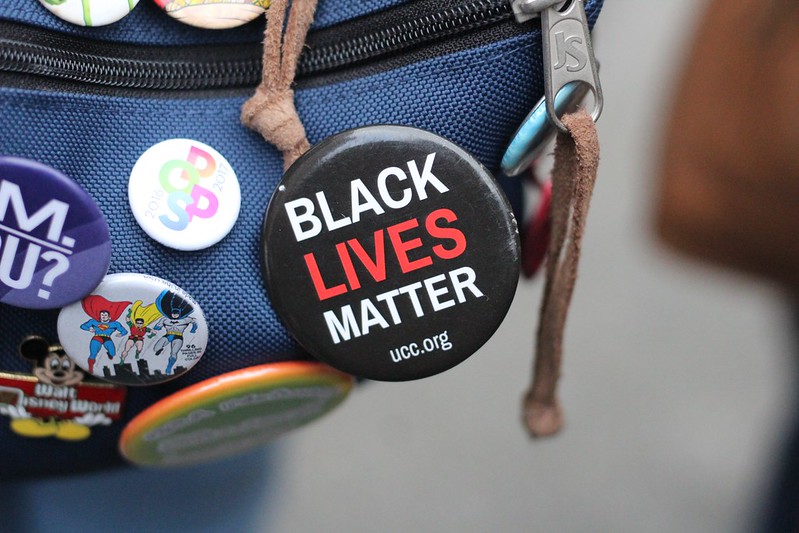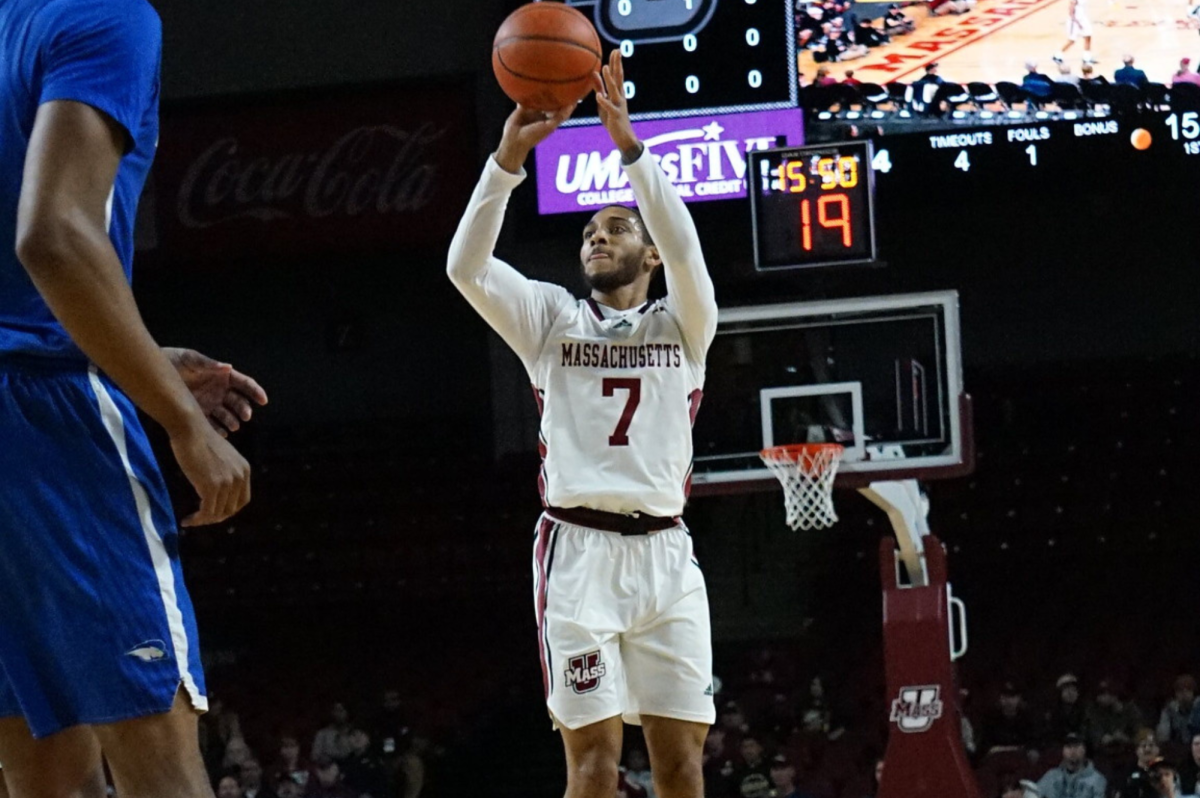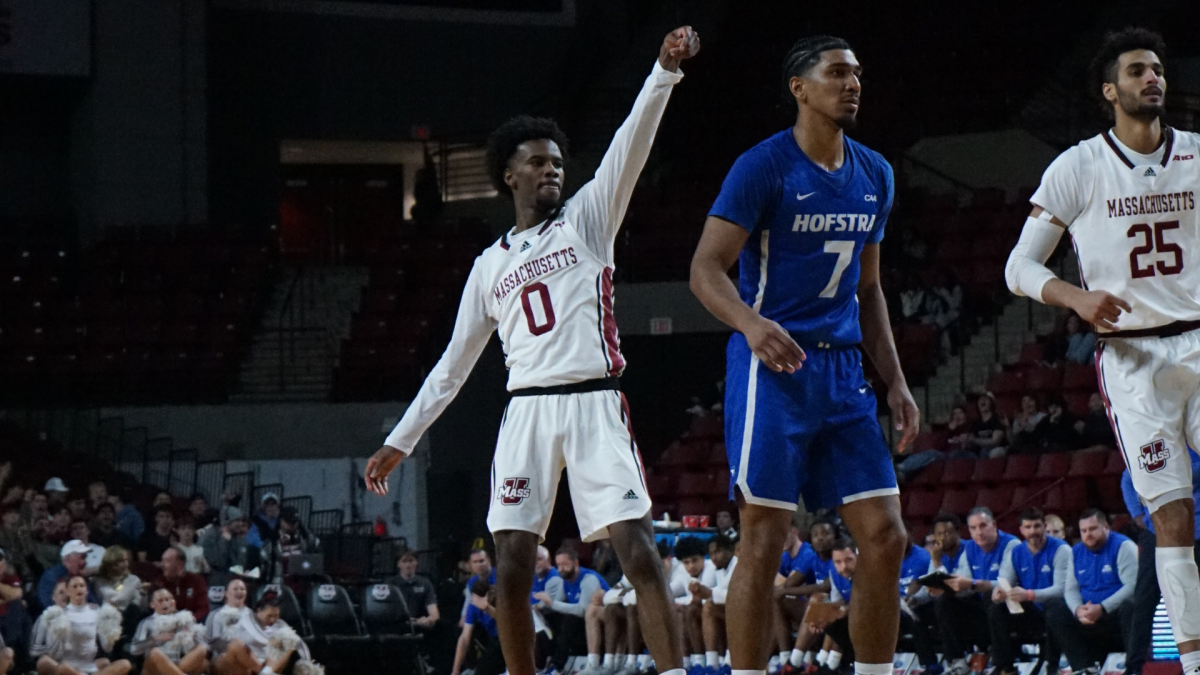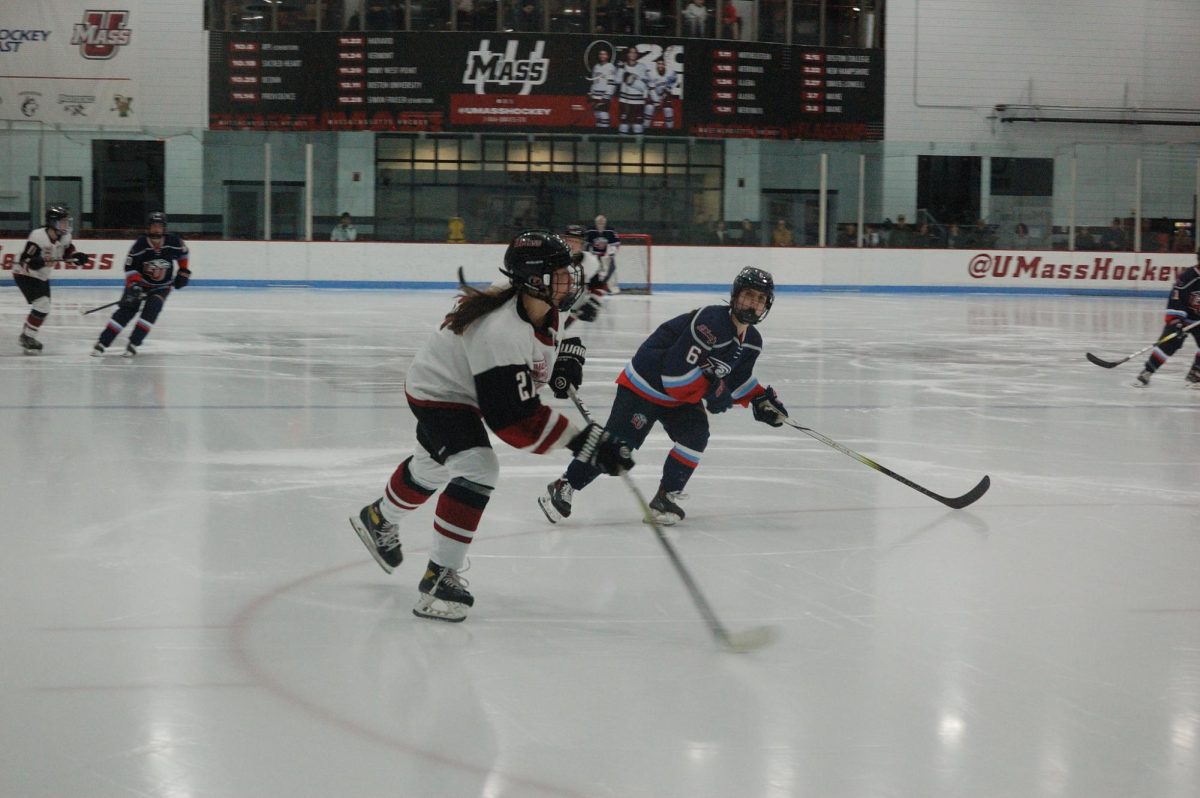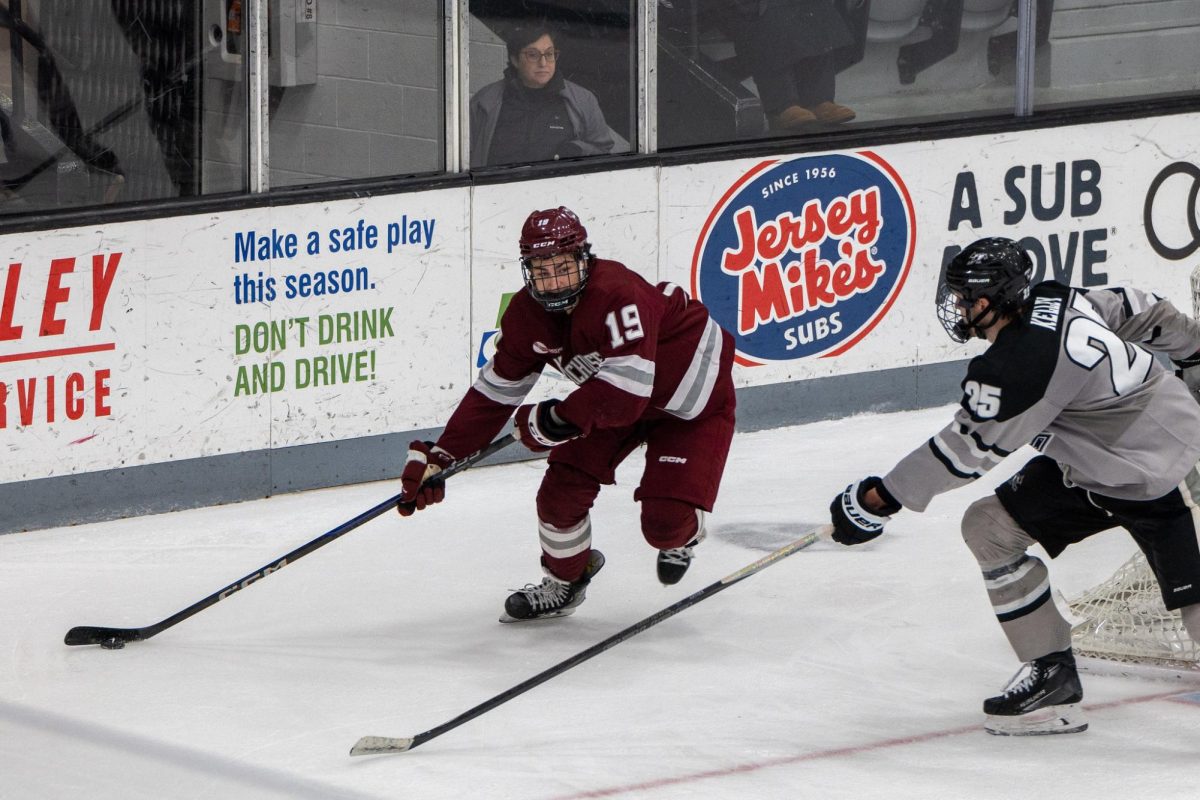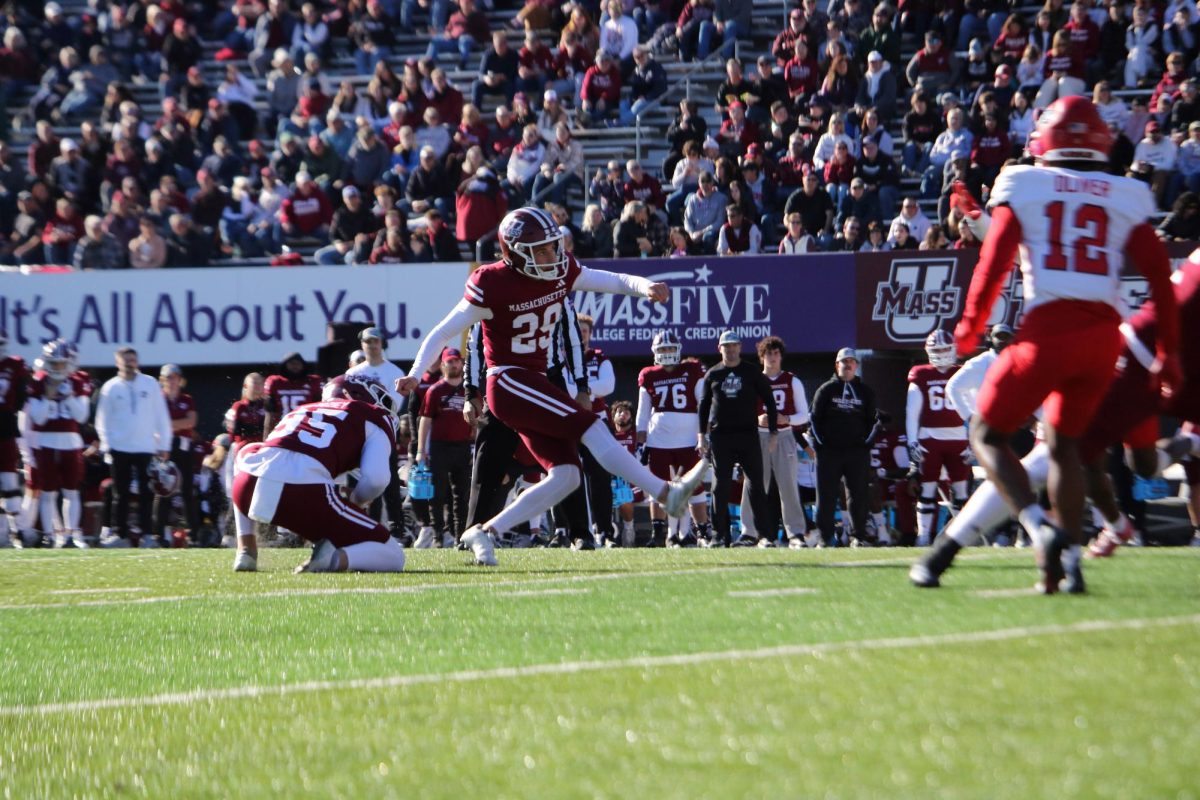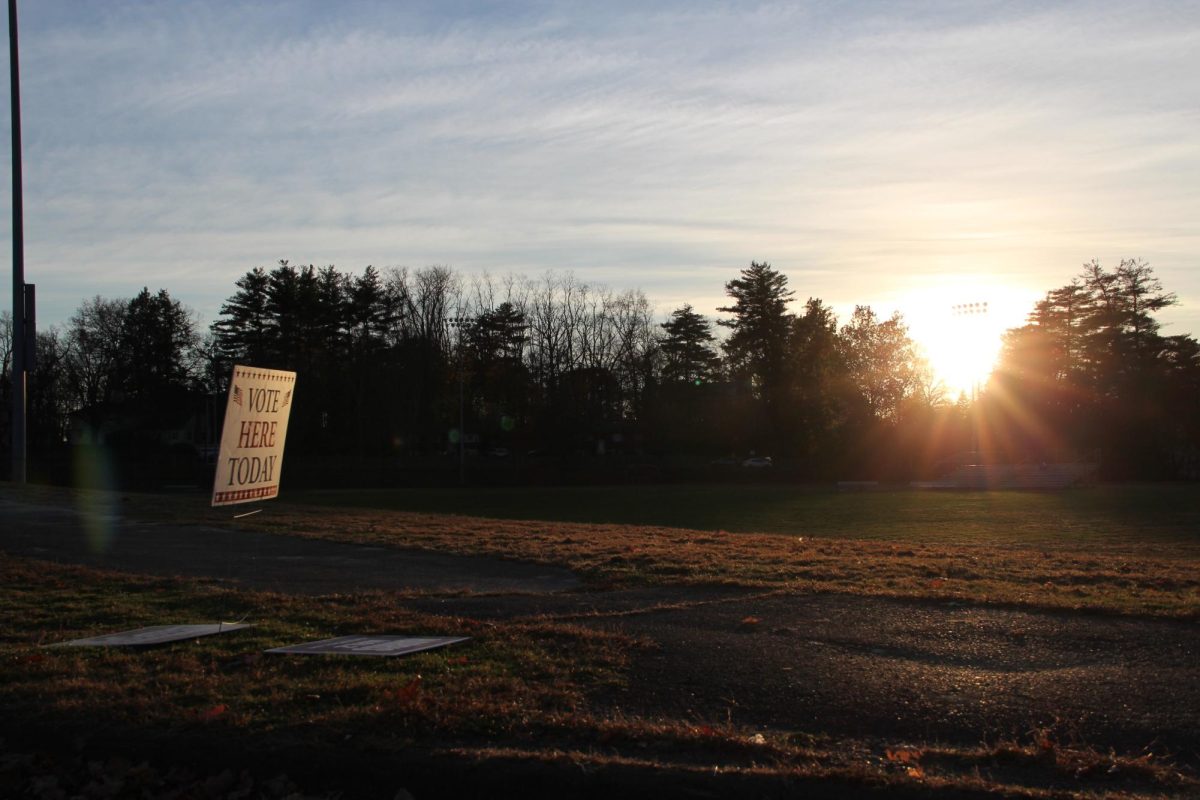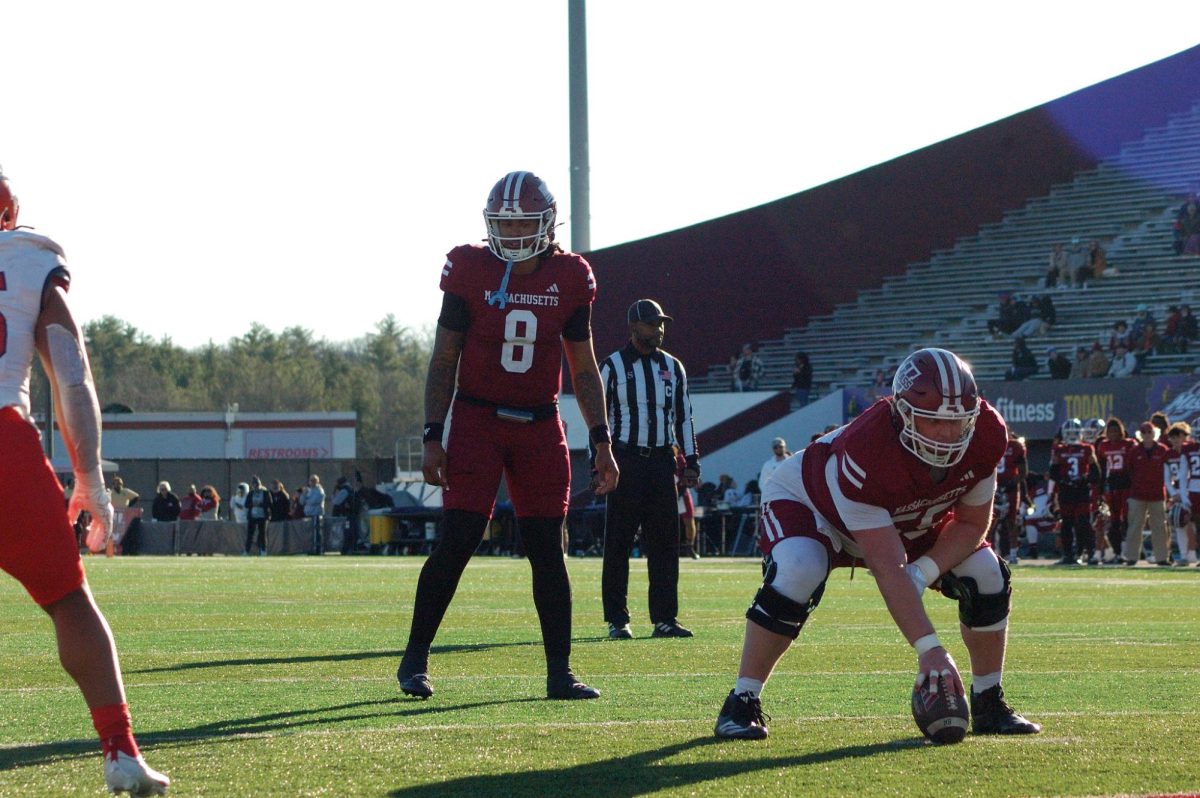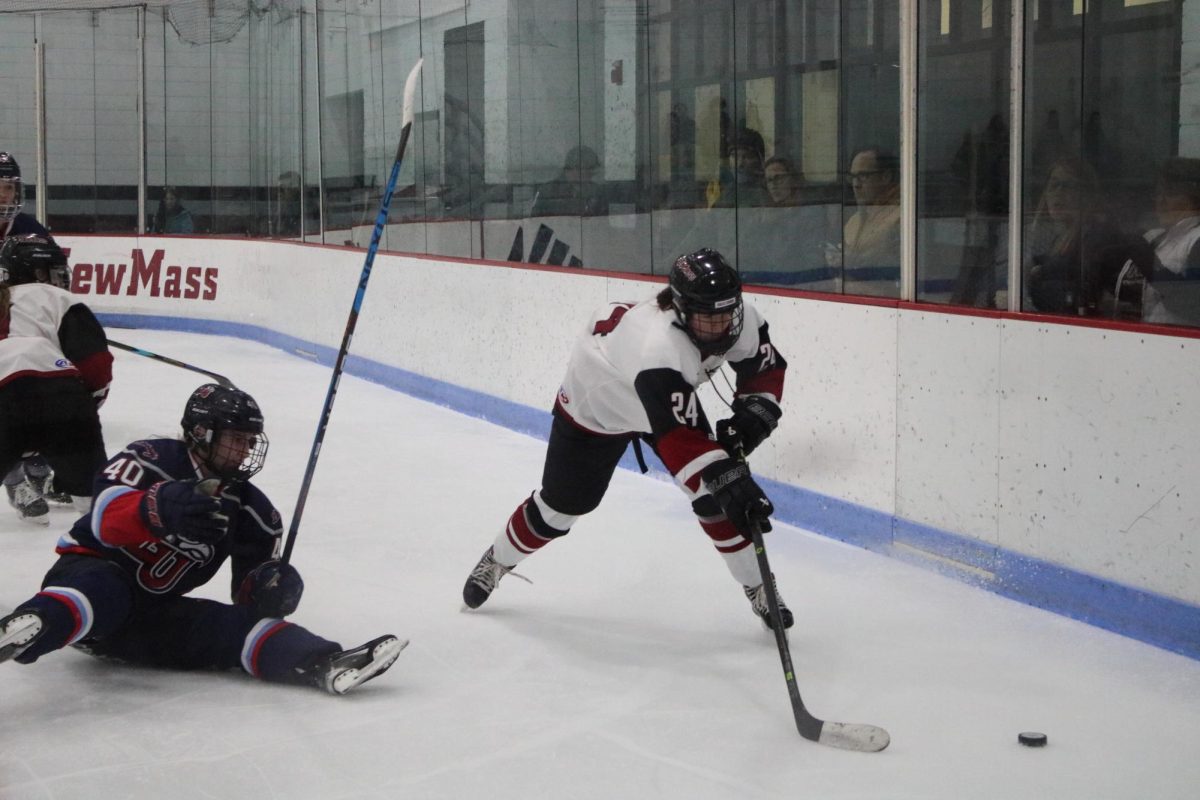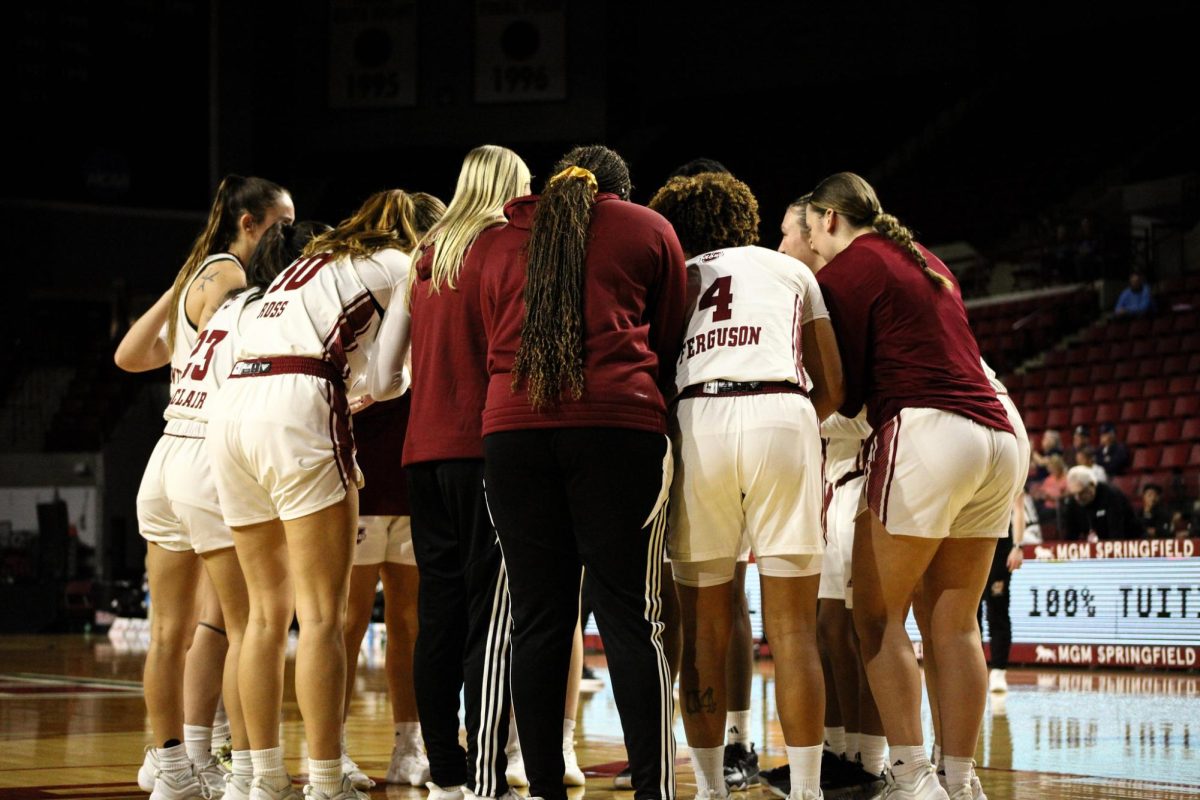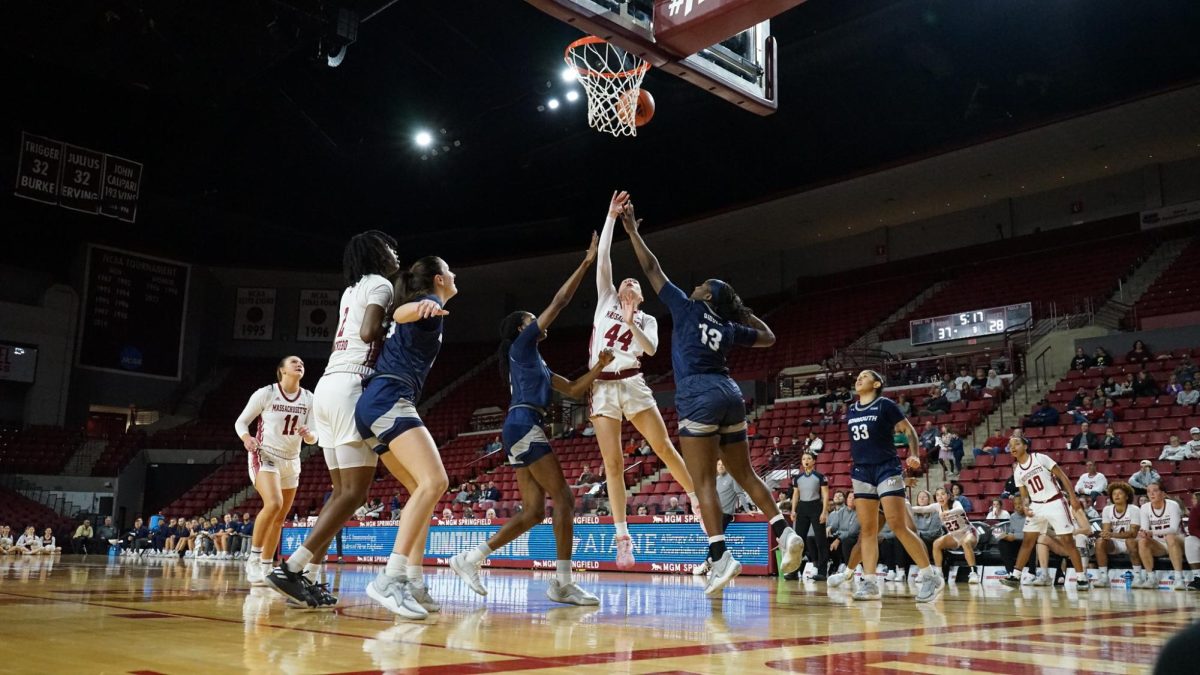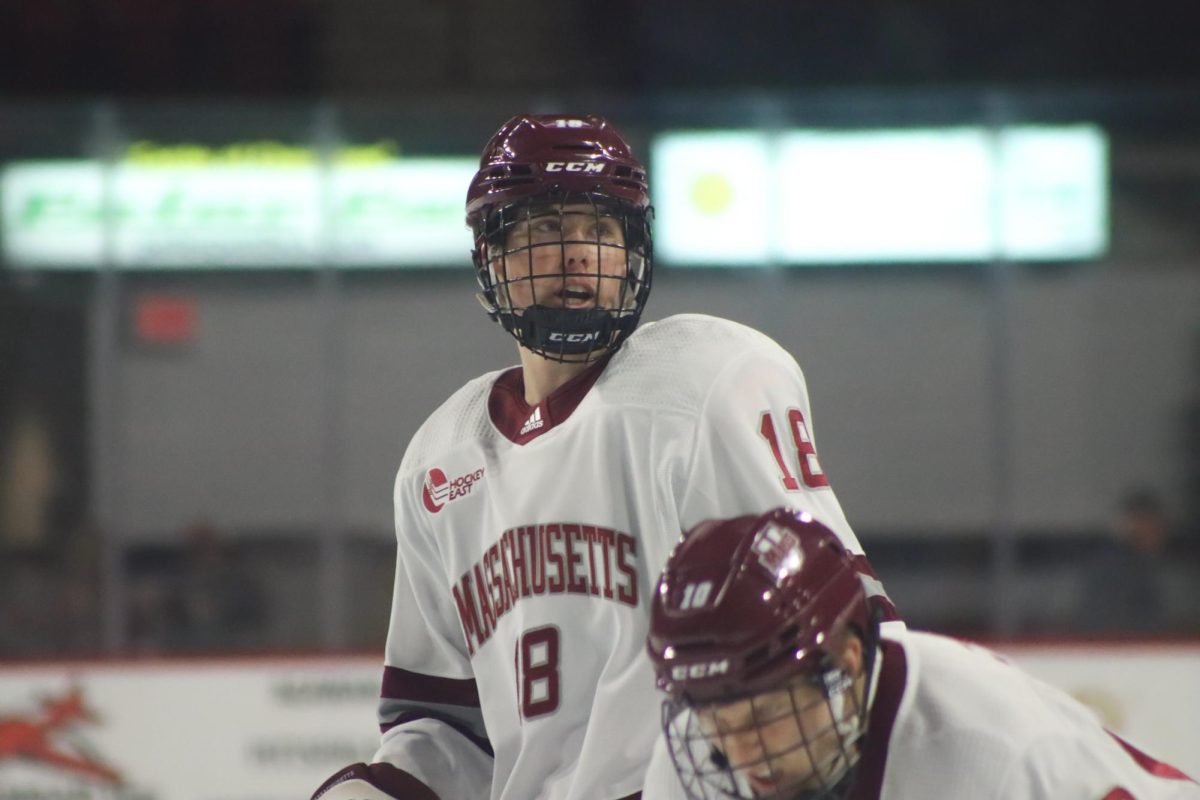Following the murder of George Floyd, junior African American studies and legal studies major Zach Steward decided he wanted to do more to support Black and brown students at the University of Massachusetts.
He created a Google document to address racial injustices at the University which he called “Action Steps”. The 17-page document has been shared with around 300 individuals and organizations, thus, founding the UMass Racial Justice Coalition.
“BIPOC student input drove everything,” said rising senior and food science major Emily Steen, who worked closely with Steward throughout the process. “By bringing all these people to a single document and letting them express themselves freely, it really gave the base for the rest of our work.”
The document of action steps soon transitioned into meetings of students who wanted to join the coalition.
“We’re not an RSO, we’re not an organization, we’re not aiming to become one,” Steen said. “What we are is a safe place for organizations and students with shared ideas and ideals for what UMass should be like to come together.”
“Racial Justice Coalition works to empower BIPOC voices, not only in decision making rooms but making sure that they’re part of the process from the beginning. Having dialogues which really empower students to speak up for what they need, we shouldn’t have to come together and spend six weeks drafting demands. It should be something that admin constantly seeks, student input. Who are they working for? The students.”
The coalition, which was founded seven weeks ago, held frequent meetings with members asking individuals what would make them feel safer and happier at UMass. These conversations soon transitioned into task forces made up of students who worked on specific issues at the University. After identifying what they wanted to work on, task forces discussed how to address purpose, guidance, accountability and deadlines.
The demands, created by each task force, are split into five sections: Demands for Action Against Racism, Demands for Academic Equity, Demands for Preventing Racism, Demands for Healing Amidst Racism and Demands for Divesting from UMPD.
The demands for action against racism include updating many procedures which are already in place including the “Fight Hate” page on the UMass website and implementing guidelines for emergency floor meetings following an act of hate. The coalition also seeks to “establish [a] racial justice hearing board.” The idea behind the racial justice hearing board is to create a group of students who bridge communication between the students and administrators.
Brandon Barker, a senior dance and finance major, elaborated on their need for the racial justice hearing board saying, “that’s something where [administrators] have to just give a sliver of their power over to us. They’re not living the UMass experience.”
Demands for academic equity include increasing funding for academic resources and recruitment for BIPOC students, increasing hiring of BIPOC faculty, staff, peer advisors and teaching assistants across all academic departments and granting tenure for BIPOC, women and/or LGBTQ+ faculty at the same rate as their white, straight or male colleagues across all academic departments.
The demands also included a commitment to freezing tuition and fees while gradually pursuing a debt-free model.
“BIPOC students are disadvantaged by first of all attending UMass,” said Sara Mckenna, a senior Spanish and legal studies student. “UMass doesn’t offer a substantial amount of aid so that detrimentally affects people who are coming from backgrounds where their parents can’t necessarily help them pay. But also, having a debt-free model in our sights is a good way to make sure that the college is accessible to everyone, and as a state college, it really should be already.”
The demands for preventing racism have three parts: changing the common read for incoming students to required reading by W.E.B. Du Bois as a part of a new Du Bois Legacy Project, implementing a social justice general education requirement for all undergraduates and requiring anti-racist training for all students, faculty and staff.
Mckenna said that these three parts work together. “I like to think of it as like we start students off with that common read and they go into the anti-racist training and then they continue on to that symposium. And then at some point, whether it’s their freshman, sophomore, whatever year it is, they continue with that social justice gen ed.”
Demands for healing amidst racism include increasing hiring of BIPOC counselors and accessibility of mental health and crisis centers, monitoring the safety and accessibility of all cultural centers and the Stonewall Center, and empowering student’s voices with CMASS.
Jennie Chang, a social thought and political economy and legal studies double major said she has been apprehensive to go the Center for Counseling and Phycological Health. Chang said she has asked herself, “whether or not I really want to take the time to like reach out to CCPH, especially if I feel like they’re not going to understand my culture or my own identity, my own backgrounds, like why I’m thinking this way.” The demands for healing amidst racism considered meeting these personal needs of students.
Members of the RJC also explained the demand to disinvest in the University of Massachusetts Police Department. They call for reinvestment of funds into other resources, disarming UMPD and removing their presence from all residential areas.
Economics and anthropology student Jessica Dale explained how the funding of UMPD could be invested in services such as the Center for Women and Community and the CCPH. She said that police are part of an institution that normalizes harm toward Black, indigenous and people of color. “[Police] cannot be such a normalized institution on campus, because the scope of power right now is so broad and makes students feel unsafe, largely,” Dale said.
From their research and conversations, the RJC created two petitions: one petition for individuals at UMass and another for organizations to sign in support. The finalized list of demands, which was presented to the University on Monday, was completed with another organization, UMass for Black Lives, which has also been working to demand racial justice at the University.
UMass for Black Lives was founded when Wayne Barnaby, a Ph.D. candidate in neuroscience and behavior, reached out to graduate student leaders in the interdepartmental graduate programs and microbiology “to see who would be interested in creating a petition with action items for each level of the UMass campus to commit to.” The group then developed a petition to post on Change.org. The petition currently has over 3,000 signatures.
According to Barnaby and Lian Guo, a Ph.D. candidate in organismic and evolutionary biology, “UMass for Black Lives serves as a way to hold not only our leadership but also ourselves accountable for making the changes that are possible within our purview for safer, more supportive communities here at UMass Amherst.”
“Every so often, we find ourselves as a national, state and local community in a heightened sense of awareness around the trauma and injustice affecting the Black American community. Too many times is this awareness met deafening silence from our community leaders,” Barnaby and Guo said in an email. “We recently arrived upon one of these moments due to the unjust killings of George Floyd, Sean Reed, Nina Pop, Breonna Taylor, Tony McDade, David McAtee and too many others to name within just this past year. And yet again, the grief and pain found in the Black Community was met with delayed or no action from our campus and academic leadership.”
After identifying their similar goals and valuing each other’s work, the RJC and UMass for Black Lives decided to work together to hold the University accountable in creating an actively anti-racist campus.
“Although the co-creators of the UMass for Black Lives petition sought input from both undergraduate and non-CNS voices, we believe that the RJC brings a robust and well-rounded undergraduate perspective from different colleges on campus. We see the demands of the RJC and this petition as being two sides of the same coin,” Barnaby and Guo said in an email.
They continued: “The RJC demands focus mainly on actions the central administration can take (top-down), while the demands from UMass for Black Lives focus mainly on incentivizing actions that each college, department and program leadership should take to change their own communities (bottom-up). Of course, there is overlap. We believe both sets of actions are necessary to create a truly supportive and anti-racist UMass community.”
When it comes to accountability, both organizations articulated specific expectations of the University.
Barnaby and Guo said, “If the University administration truly believes in the values and campaigns — like ‘Hate Has No Home at UMass’ — that they promote surrounding inclusion and equity, then we expect them to invest in the future of this campus by acknowledging and completing the actions that the community is asking for. This includes incentivizing college, department and program leadership to create their own action list fitting to the needs of their program and holding them accountable to making progress on those actions by revisiting the document on an at least yearly basis. We would also expect them to support and amplify the Racial Justice Coalition as a crucial step towards mending a broken system that undervalues the necessity of our BIPOC community members.”
They continued, via email, saying, “We call on upper administration, specifically Chancellor Subbaswamy and Provost McCarthy, to do essentially three things: 1) Create significant institutional, campus wide changes, 2) Implement and create accountability for a set of customized action items for every department and program, and 3) To use their power and influence to speak up and out to Massachusetts officials about implementing early stage vigilance structures in the judicial pipeline knowing that they have the support and unification of the rest of the Flagship Campus.”
The RJC addressed similar concerns. “In the introduction, we do have a set date for them to respond to the demands by. It’s one of those things where we wanted to be intentional in what we were demanding and wanted to be intentional in what we were bringing to the table,” Steward said, adding that the RJC’s demands were inspired by demands from 1970, 2008, 2014 and 2018 which, according to Steward, were never met.
The RJC has also met repeatedly with University administration as they have worked on their demands. “In these conversations with admin, they’ve all been very supportive of our work,” Steen said. “We just need to make sure that they implement it and that we can see a change.”
Representatives from RJC expressed how University administrators were surprised by what they were hearing from students, which Steen articulated.
“These conversations with admin tend to be surprising for them,” he said. “When we say that students are unhappy with certain things or certain responses from the past. They are genuinely surprised when we bring some of these things up.”
Epstein said that there is a disconnect between students and administrators, which may lead them to be surprised by student testimonies. They said this disconnect is due to a lack of transparency from administrators and a lack of accessibility to them.
“And at least with my experience with them, at times, it seems that they forget that they’re not working for [Subbaswamy]. They’re not working for these corporations. You know, they’re working for the students. And I think students don’t realize that,” they said.
Both groups expressed concerns about UMass recruiting students who are not supported by the University.
“We emphasize that it is immoral to recruit diverse students to a campus which does not sufficiently support their academic and personal wellness. While diversity is important, UMass must keep true to their word in creating a safe, inclusive space for BIPOC students,” Barnaby and Guo said. “Implementing action plans at smaller academic community levels will help change the culture at UMass, and the administration must be the ones who incentivize and establish accountability for those action plans.”
Steen said administrators don’t know what students go through. “That’s not their fault, per se, but it is their duty to listen to us now that we’re speaking up, and we’re here and we’re not going to be overlooked.”
When asked for comment, the University directed the Massachusetts Daily Collegian toward UMass’s plan to combat racism for the fall, created by Nefertiti Walker, interim vice chancellor for the Office of Equity and Inclusion.
Steward and Steen were asked if they were hopeful that the University would meet their demands.
“It all comes back to money and ego,” Steward said. “They will do what they can to save face in light of the current circumstances of the world and, in particular, of our country. But when push comes to shove, they will continue to put the lives of — again — cis-hat, straight white men, before the lives of any and all minority students and they will continue to put money and status before the lives of a quality education for all.”
“I’ve talked to older professors at UMass who are really impressed with the movement that’s going on right now. This level of tension has been met before, but this is the first time that there’s really a lot of white allies and they’ve noted that as optimism, like there’s an actual change that’s going on,” Steen said.
Steen continued, “Zach and I know this isn’t new, this isn’t didn’t start in June 2020. This has been our entire lives and this will be our entire lives moving forward. That being said, we do need to paint the success of BIPOC students, faculty and staff at UMass as success for the entire community. It will strengthen our community, we are asking for an anti-racist campus if UMass does not, you know, implement our demands, what does that say about UMass?”
The demands were submitted on Monday. Steen said, “We expect a detailed line-by-line response by July 30, complete with measurable action steps. We will continue to work with the community to address additional needs and hold UMass administrators accountable for ensuring the safety and success of all BIPOC.”
Cassie McGrath can be reached at [email protected] or followed on Twitter @cassiemcgrath_.

